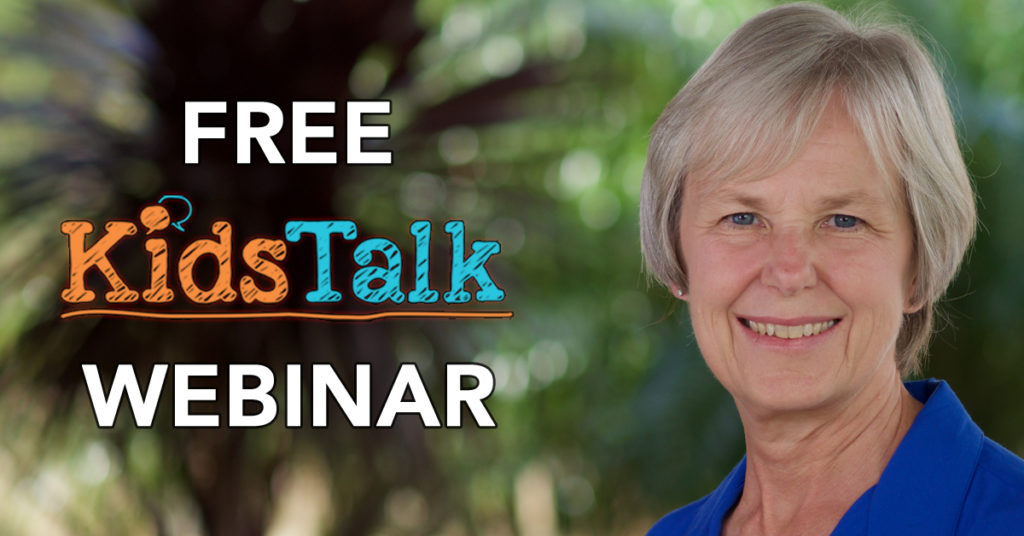
In The Seven Habits of Highly Effective People, Stephen Covey tells us that time management is a misnomer.
Our challenge is not to manage time but to manage ourselves.
Our focus should be on enhancing relationships and accomplishing results instead of focusing on things and time.
Covey says that our activities can be categorized into four groups based on combinations of urgency and importance.
Quadrant One activities are urgent and important. These include dealing with crises, pressing problems and deadline-driven projects. Sounds like running a school, doesn’t it?
Quadrant Two activities are not urgent but important. These include relationship building, personal growth, planning, recreation and recognizing new opportunities.
The third category, Quadrant Three, include urgent but not important activities, such as interruptions; some phone calls, mail, reports and meetings; pressing matters and popular activities. Phone calls and television are examples of some Quadrant Three activities.
Quadrant Four activities are not important, and not urgent. These include trivia work, busy work, some mail and phone calls, time wasters and pleasant activities. Surfing on the Internet is a Quadrant Four activity.
How we spend our time in activities from each area gives certain results.

Quadrant One activities result in stress, burnout, crisis management and putting out fires.
Quadrant Three activities may seem urgent but result in having a short-term focus, managing by crisis, being seen as wishy-washy, seeing goals and plans as not worthwhile, feeling out of control and developing shallow and broken relationships.
Quadrant Four activities are used as escape from the stress of Quadrant One and Three activities. People who spend most of their time in Quadrant Three and Four activities are likely to be seen as totally irresponsible, are fired from jobs and are dependent on others or institutions for basics.
Now for Quadrant Two results. I saved the best for last!
People who spend the majority of their time involved in Quadrant Two activities have vision and perspective, balance, discipline, control and have to deal with few crises.
Covey tells us that highly effective people spend 90% of their time in Quadrant Two activities that are important but not urgent.
Covey encourages us to take a moment and write down the answers to these two questions:
1. What one thing could you do (and aren’t doing now) that if you did on a regular basis would make a tremendous difference in your personal life?
2. What one thing in your business or professional life would bring similar results?
As we become more aware of what’s important to us, we will learn that the “key to being effective is not to prioritize our schedule, but to schedule our priorities.”
Highly effective people spend most of their time in Quadrant Two activities by putting first things first.
Scheduling our priorities will make it easier to turn off our cell phones, turn off the television and get off the computer, so we can have uninterrupted time for relationship building in our families, time for furthering our personal growth, time for recognizing new opportunities, time for planning and time for recreation.
Our children deserve to have highly effective people as role models.
Let’s put first things first.
Download Your Put First Things First Guide



2 Responses to “Habit 3 | Put First Things First”